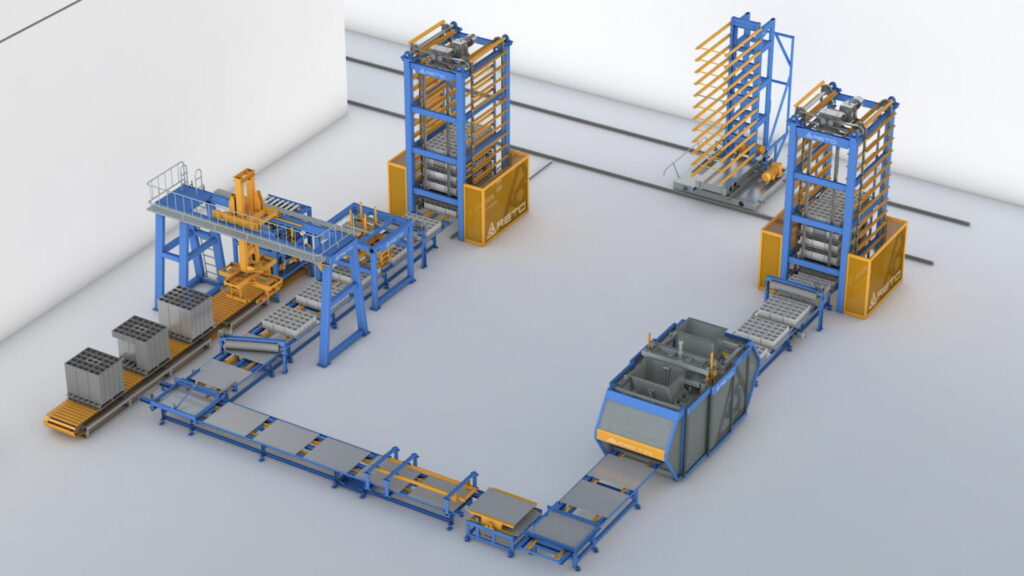
choosing the right concrete block making machine for sale requires careful consideration of production capacity, block size and shape, material quality, automation level, power requirements, and maintenance support. By selecting a suitable machine and following essential maintenance practices, you can ensure efficient and reliable production of concrete blocks for your construction projects.
Factors to Consider When Choosing a Concrete Block Making Machine:
Production Capacity: Determine the desired output capacity of the machine based on your project requirements. Consider the number of blocks you need to produce per hour or day.
Block Size and Shape: Choose a machine that can produce the specific size and shape of blocks you require. Common block sizes include standard rectangular blocks, hollow blocks, and interlocking blocks.
Material Quality: Evaluate the quality of materials used in the construction of the machine, such as the frame, mold box, and hydraulic system. Durable materials ensure longevity and reliability.
Automation Level: Consider the level of automation you desire. Fully automatic machines require minimal human intervention, while semi-automatic machines may require manual loading and unloading of materials.
Power Requirements: Ensure that the machine’s power requirements align with your available power supply. Consider factors like voltage, amperage, and phase.
Maintenance and Support: Choose a machine that comes with proper maintenance guidelines and readily available support from the manufacturer or supplier.
Types of Concrete Block Making Machines:
Hydraulic Press Machines: These machines use hydraulic pressure to compress the concrete mixture into molds, producing high-density and durable blocks.
Vibration Machines: Vibration machines utilize vibration technology to compact the concrete mixture, resulting in uniform and smooth-surfaced blocks.
Extrusion Machines: Extrusion machines continuously extrude the concrete mixture through a die, creating long blocks that are then cut into desired lengths.
Manual and Semi-Automatic Machines: Manual machines require significant human effort, while semi-automatic machines offer a balance between manual labor and automation.
Essential Maintenance Tips for Concrete Block Making Machines:
Regular Cleaning: Keep the machine clean by removing any concrete residue or debris after each use. This prevents blockages and ensures smooth operation.
Lubrication: Follow the manufacturer’s guidelines for lubricating moving parts to minimize wear and tear.
Mold Care: Regularly inspect and clean the molds to ensure proper block formation and prevent defects.
Hydraulic System Maintenance: For hydraulic machines, check the hydraulic oil level and condition, and replace it as per the recommended schedule.
Electrical Checks: Ensure proper electrical connections and inspect wiring for any damage or loose connections.
Regular Inspections: Conduct routine inspections of the machine’s overall condition, including checking for any signs of wear, damage, or misalignment.